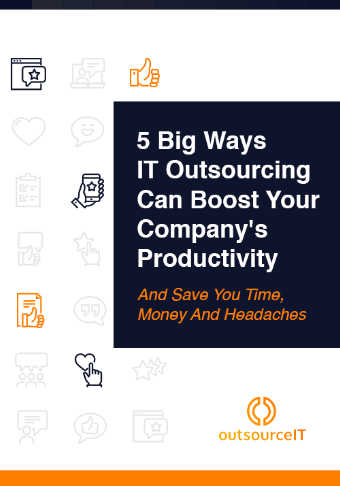Data privacy regulations are designed to protect consumers by giving them more control over who gets to access their data and how it can be used.
While it’s easy to view these regulations as a burden for businesses, they’re important for a wide range of reasons. Following these regulations is a matter of safeguarding your reputation and staying on the right side of the law. And in an age when the public is increasingly concerned about the rise of the surveillance economy and cybercrime is prevalent, adherence to privacy regulations has become an important selling point.
Here are some of the most important data privacy regulations that help protect your business, employees, and customers:
California Consumer Privacy Act of 2018 (CCPA)
The CCPA came into force on January 1, 2020 to enhance consumer protection and the right to privacy for citizens of California. This law applies to every organization that does business in California and satisfies one or more of the following thresholds:
- Has a gross annual revenue over $25 million
- Buys, sells, or receives personal information belonging to 50,000 or more people
- Earns more than half its annual revenue by selling personal information
The CCPA aims to give consumers greater control over how their data is collected and used, and which third parties may have access to it. More specifically, California consumers may ask businesses about what personal information is gathered from them and how it is used and shared. They may also request companies to delete any of or keep them from selling the consumers’ personal information.
General Data Protection Regulation (GDPR)
The GDPR, which came into effect in 2018, is often compared to California’s new privacy laws. But while both regulations follow the principle of privacy by design and default, there are some key differences.
Firstly, the GDPR is much broader in scope, simply because it applies to every citizen of the EU. This also means that any US-based organization that does business with EU citizens must also comply with its requirements. The obligations apply to all natural and legal persons and organizations that collect personal information, regardless of whether their activities are for profit or not.
Secondly, under the GDPR, organizations must have a legal basis for processing personal data. But with the CCPA, individuals can opt out of the collection and sale of their personal information, but businesses do not need prior consent from before processing or selling their data to third parties.
Health Insurance Portability and Accountability Act of 1996 (HIPAA)
The HIPAA Privacy Rule is a set of healthcare laws designed to the protected health information (PHI) of patients. It applies to organizations across two main categories:
- Covered entities – healthcare facilities, organizations that provide health plans, and clearinghouses
- Business associates – third-party organizations that handle PHI on behalf of a covered entity, such as consultants, technology firms, and accounting firms
PHI is any individually identifiable health information, such as a patient’s past, present, or future physical or mental health condition, the provision of healthcare to a patient, or payment information pertaining to it.
In 2009, the aging HIPAA legislation was expanded upon through the introduction of the HITECH Act — or the Health Information Technology for Economic and Clinical Health Act — which aims to expand the adoption of privacy-friendly health information systems.
What is the best way to ensure data privacy?
The easiest way to achieve a high standard of data privacy is to adopt ISO 27001. This data privacy management standard is regularly updated to align with new technology developments and the constantly evolving regulatory landscape. Achieving accredited certification to ISO 27001 proves that your business follows information security best practices and ensures that data security is managed through effective risk management.
outsourceIT helps businesses adhere to national and global privacy regulations with tailored IT solutions. Contact us today for strategic advice that will help your business grow and remain compliant.
5 Big Ways IT Outsourcing Can Boost Your Company's Productivity!
Before you can honestly consider outsourcing IT management, you need to be 100% confident that it will solve problems and unclog bottlenecks.


